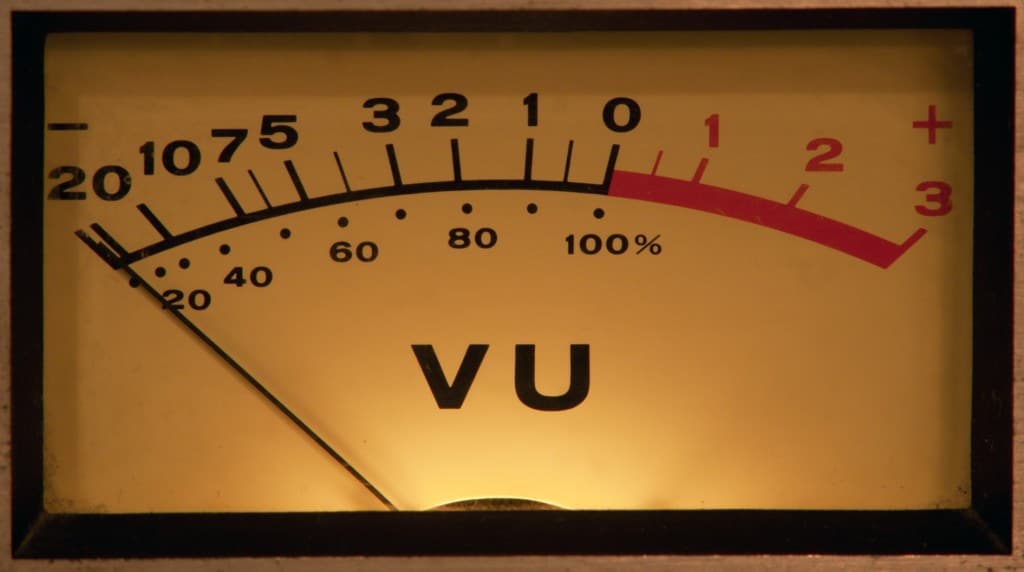If you haven’t caught on yet, there’s a lot of bad advice chucked around on the internet. This applies to the electronic music production community as well. In fact, I’ve posted some really bad advice on this website (I’ve deleted A LOT of posts that I wrote earlier on).
One common piece of bad advice is to use compression on everything.
“Hey guys, I’m struggling to get my low-end right, what should I do?”
Use compression!
“My drums are too loud, what should I do to fix them?”
Use compression!
“I want to sound like [INSERT POPULAR PRODUCER]. How can I do this?”
Use compression!
“I struggle to get out of bed in the morning. How can I change this?”
Use comp…
You get the idea.
But even though it’s bad advice to use compression on everything, people still follow it.
I don’t exactly know why they do, but part of me thinks that it’s because it sounds like a cool thing to do. Compression is a more involved and complicated process than turning a fader up or down, or highpassing something, so producers who don’t know any better feel good when they use it.
Beyond that, there are people that are told to use compression even though they don’t know how it works., so they simply slam it on a track, turn a few knobs, and think they’ve done something useful.
I’m not saying compression is useless. It’s an incredibly important tool that’s used to solve problems in the mix, dynamically enhance sounds, and provide certain characteristics.
And it’s even more useful if you’re actually recording audio; vocals, real instruments, and so on. You can’t tweak the ADSR on a guitar. Obviously you can play it in a certain manner to give off a different sound (e.g., palm muting), but you can’t fine-tune the amplitude. Compression has its use here, it allows you to affect the attack, sustain, and release of a sound.
But when it comes to purely electronic music, as in, only software instruments and existing audio. Compression is far less important.
It makes sense to use compression if you’ve got an acapella that you want to have a bit more “bite.” It doesn’t make sense to use compression on a software-made pluck sound that has too much decay. You should just turn the decay down on the synth.
“But Sam, what about reducing the dynamic range of a sound?”
Obviously the main use of compression is to fix problems in your mix. The most common of these problems is when you’ve got a track that’s jumping up and down in volume causing issues.
Compression works here, and is often a good solution. But let’s be honest – when you’re using software instruments, unless you’ve got a massive transient on the sound, you’re rarely going to have a track that needs its dynamic range reduced. In each project (without vocals and live instruments), I probably use this type of compression on three tracks maximum. If you’re using software instruments, it’s just not as necessary as you think it is.
So, before reaching for that compressor because some guy told you to on the internet – ask yourself if you really need to use it. Can it be fixed inside the synth? Would saturation or limiting be better? Should a different sound be used instead?
What do you think about all this? Do you think compression is overrated? Do you think I’m way off mark? Let me know in the comments below.

